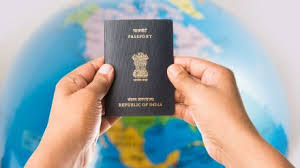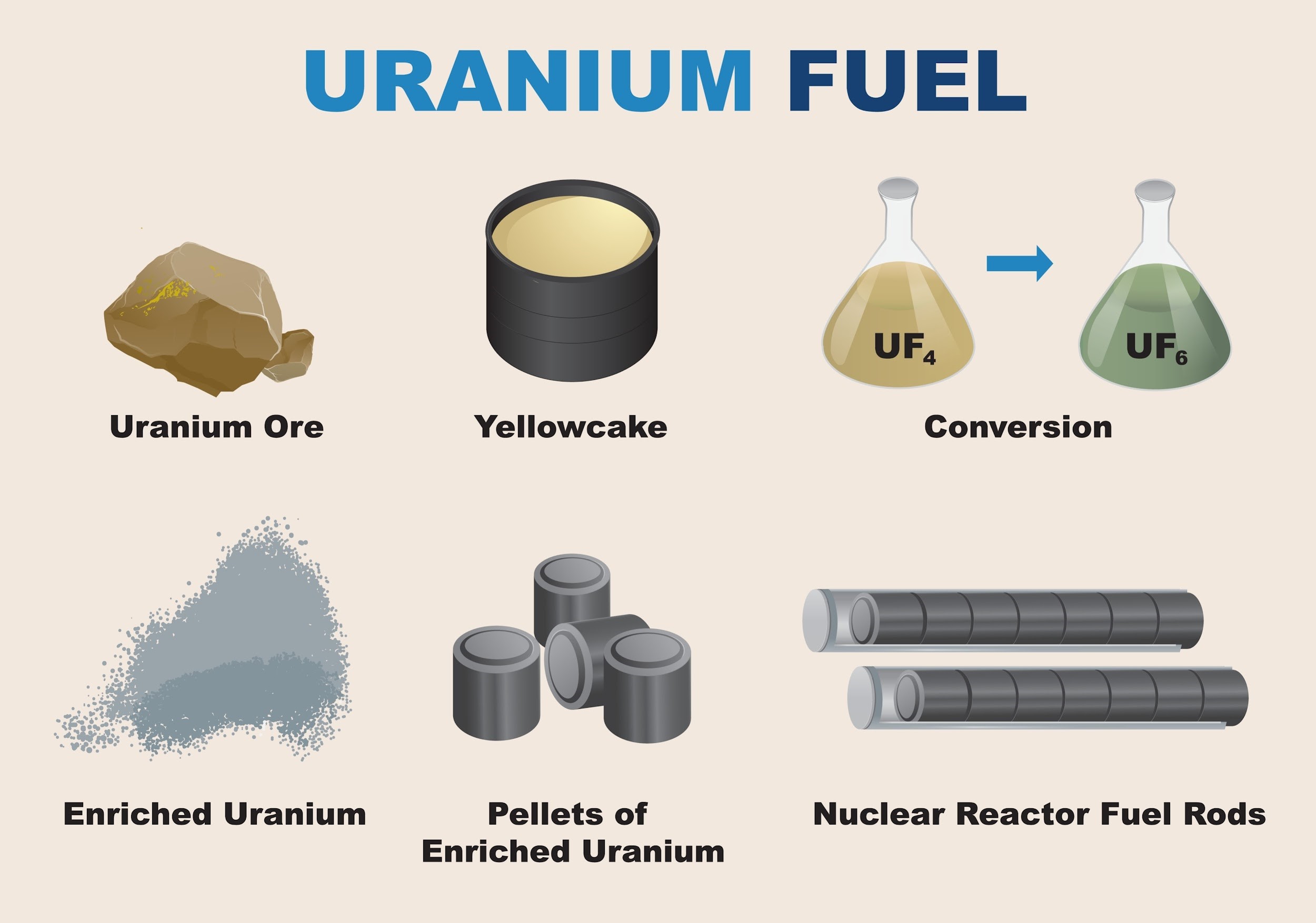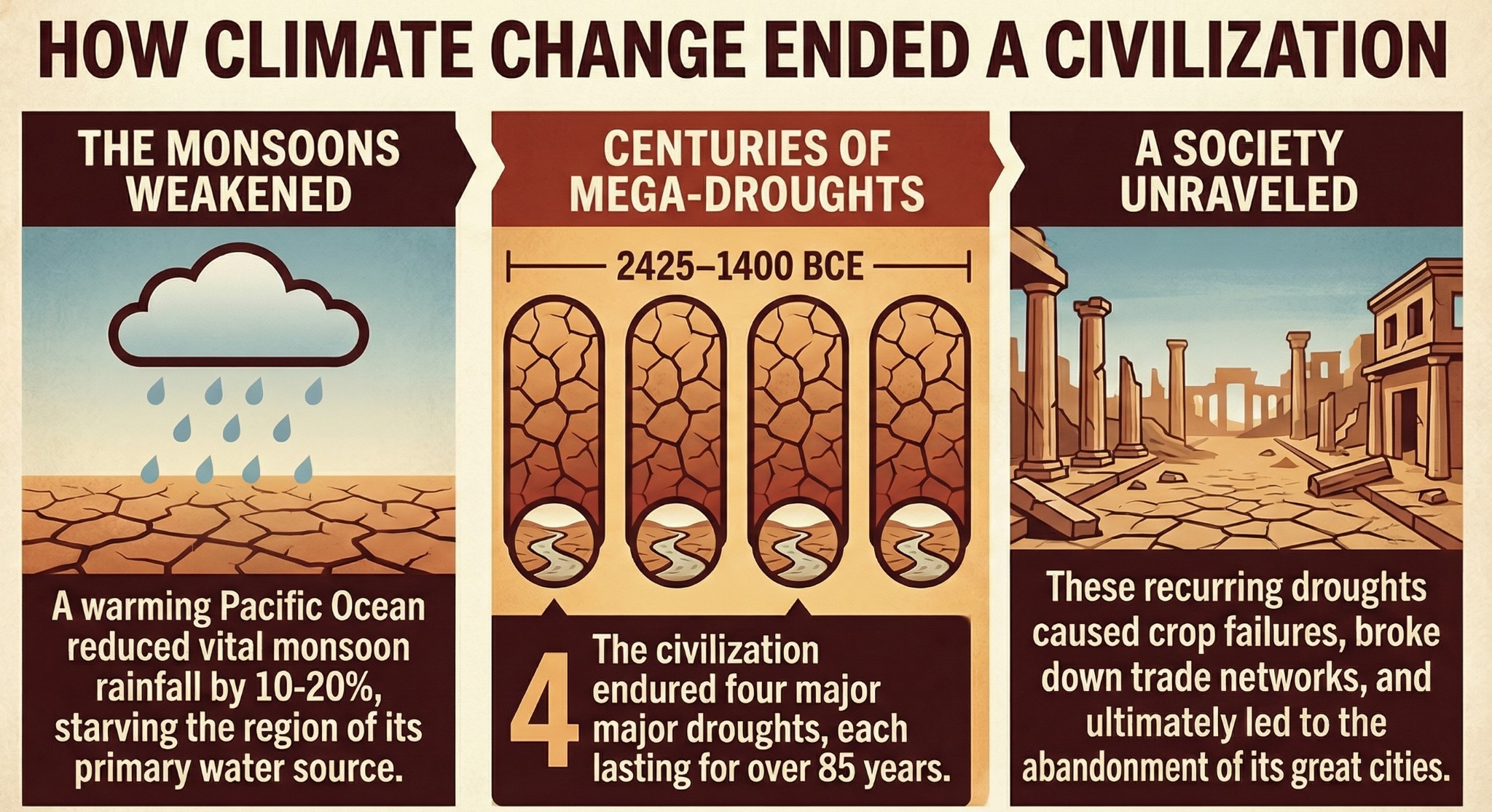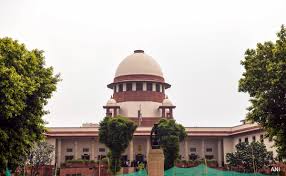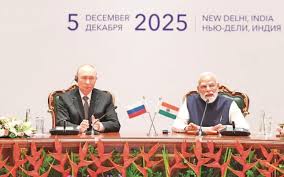
22
Dec
The Unified Vision of Rural Banking: Analyzing the "One RRB, One Logo" Transformation
The Unified Vision of Rural Banking: Analyzing the "One RRB, One Logo" Transformation The landscape of Indian rural finance underwent a historic transformation on December 18, 2025. In a landmark move, the Government of India, in collaboration with the National Bank for Agriculture and Rural Development (NABARD), unveiled a common logo for all Regional Rural Banks (RRBs). Th...
Read More